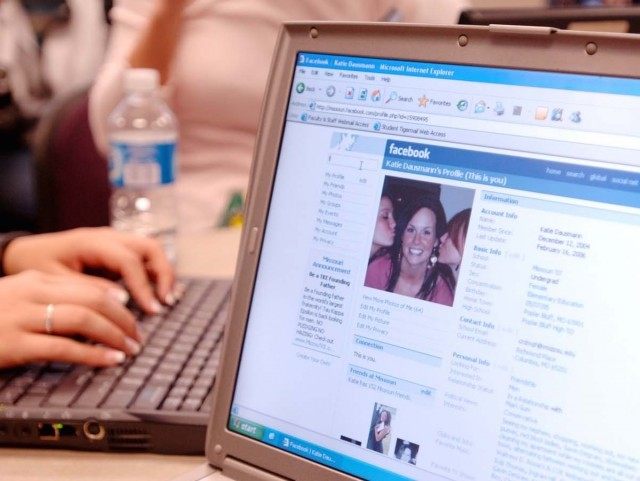Facebook has always been full of hoaxes that make preposterous claims in hope of spreading virally. But now that the company has grown to have a billion mobile users and $12 billion in revenue, the management seems to want to play parent by starting to spike non-revenue-producing posts in favor of its paid sponsors.
The Tech Crunch blog highlights posts like “I declare all my Facebook photos are copyrighted,” “Free Southwest Flights.” and “Bigfoot spotted” as the “kind of crap gullible people share on Facebook; until enough friends point out these are fake they delete them. Now the company’s getting proactive by reducing the News Feed visibility of hoaxes.”
With social networking on mobile now accounting for 70% of Facebook use, advertisers are pushing Facebook to filter more spam so marketers have more room to harass users with important spam about how important it is to download a new song, run to Banana Republic or pick up a Frappuccino on their way home.
According to Debra Aho Williamson, principal analyst at e-Marketer, “Facebook has been a leader helping marketers to transition to mobile advertising. Because the Facebook experience is basically the same across devices, advertisers don’t have to reinvent the wheel to place mobile advertising. As Facebook’s user base shifts even more heavily toward mobile, it is well positioned to see increasing ad revenues from this channel.”
Facebook argues that it must now start “parenting,” because people supposedly blame the company for showing them annoying posts. Whether that’s hoaxes, Candy Crush spam, goofy memes, viral fake headlines, or boring marketing posts, Facebook claims it has become a problem for businesses, because the users hold the app responsible for what appears in their News Feed, and retaliate by visiting Facebook less.
Tech Crunch used the example that several times a year there is a new warning that goes viral claiming Facebook is trying to misappropriate ownership of their user’s content. The users are told to copy and paste a supposed “status update” notifying Facebook that the user “hereby reserves ownership under law” all his or her content.
Although such a user status update cannot disavow Facebook’s disclosure and user agreement, it creates lots of distrust for the company. Under the guise of filtering hoaxes, Facebook says it needs to use make such “crap” organic page reach drop.
The company has been publishing research for the last few years on how memes (ideas, behaviors, or styles) spread through the feed. They believe that hoaxes can be identified by meme “signals”, such as people deleting the memes after they share them.
Facebook intends to use this knowledge to develop algorithms that can “scalably” silence what it deems to be “noise” in users’ accounts. But what they are really after is to hide un-paid crap, to free up more user space for the good Facebook-paid crap.
It is always a slippery slope when a corporate behemoth like Facebook says it wants to improve your user experience by banishing the free flow of ideas in order to maximize space the free flow of paid advertising.

COMMENTS
Please let us know if you're having issues with commenting.